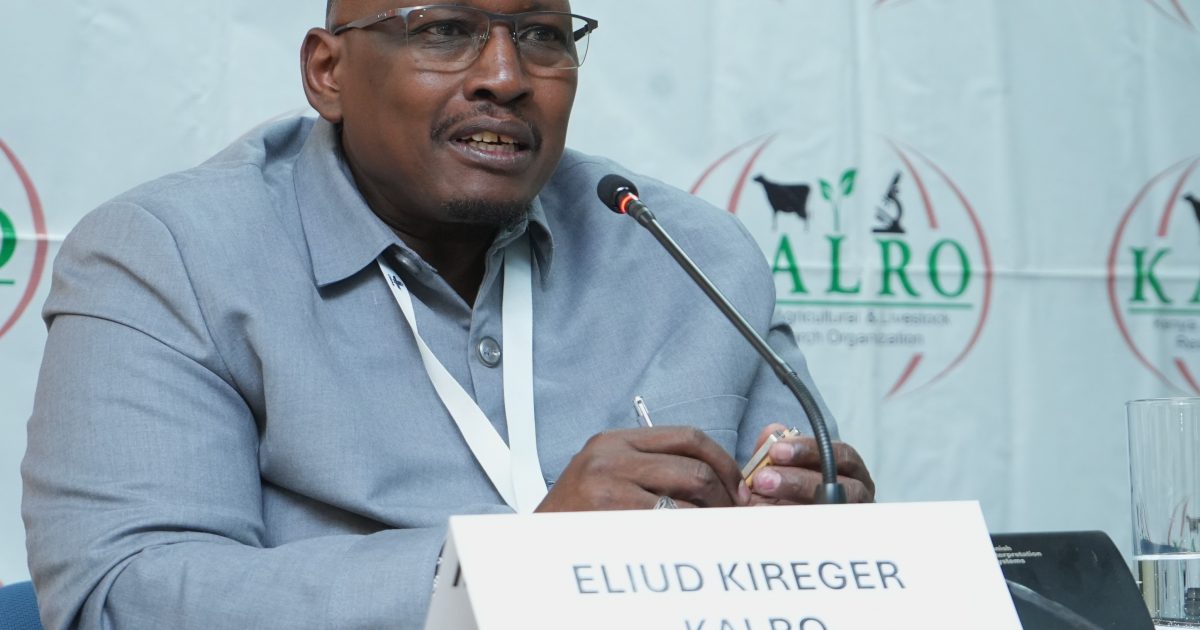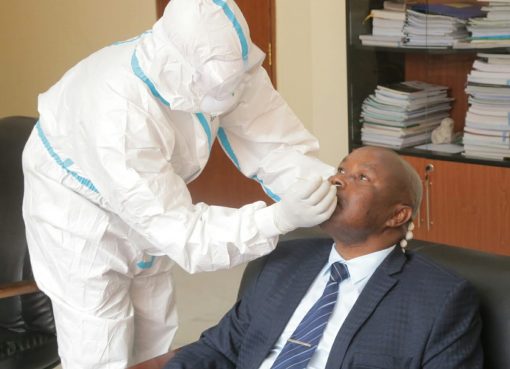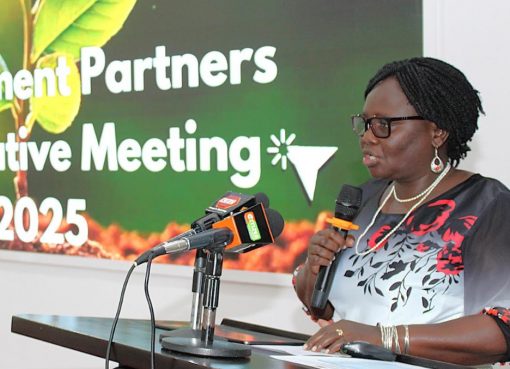The Consultative Group on International Agricultural Research (CGIAR) Science Week, co-hosted by the Kenya Agricultural & Livestock Research Organisation (KALRO), closed Friday evening after a remarkable week that underscored the transformative power of science when coupled with strategic partnerships.
Throughout the event, collaboration took centre stage as participants shared technologies and insights and discussed the further development of groundbreaking innovations with the potential to revolutionize agri-food systems—making them more resilient, sustainable, and equitable.
The debates held and showcasing of science not only illuminated the path forward but also reaffirmed a collective commitment to a food-secure future.
Over the week, several key achievements took place with the International Potato Centre (CIP) and KALRO signing a licensing agreement to transfer biotech for a potato resistant to late blight, reducing the need for chemical inputs while improving productivity and resilience. Significantly, it puts the development of future innovation into the hands of farmers themselves.
Others were the launch of the CGIAR Research Portfolio and a release of their flagship report designed for decision makers in low- and middle income countries and regional bodies to support smarter investments and also the launch of International Water Management Institute (IWMI) Strategy 2024–2030, a roadmap for research and innovation that will enhance water security throughout East Africa
Speaking during the closeout ceremony at the UN campus in Gigiri, H.E. Amina J. Mohammed, Deputy Secretary-General of the United Nations, said that partnerships are essential in accelerating progress, bringing together diverse expertise to drive science-based solutions.
“By aligning research with policy and action and working with partners like CGIAR and the high-level panel of experts of the Committee on World Food Security, we are building food systems that are resilient, sustainable and inclusive, ensuring lasting impact in the face of climate change and global hunger,” she noted.
The urgency of addressing challenges that come about from science is critical, and it is time we leverage the full potential of science to drive the policies, the innovations, and the investments that are essential to accelerate the changes we need.
“We must act with a sense of urgency in a fully integrated manner, scaling our efforts to meet the needs of those who are most affected by hunger, malnutrition and the ongoing climate crisis,” Mohamed said.
Dr Eliud Kireger, Director General KALRO, said that through debate and presentations of pioneering innovation, Science Week highlighted both the successes we can build on and the gaps that we are better positioned to address. “The conversation doesn’t end here. This is just the beginning.”
He noted that the next steps will be including regional scaling and prioritising the localisation of adaptation of proven technologies, particularly for small and large-scale farmers.
In terms of policy integration, Dr Kireger said that working with African governments to embed science-week outcomes into national agricultural strategies, leveraging CGIAR partnerships across the hundred-plus countries it operates in and also focusing on youth and gender by expanding programmes like the innovation that showcases to empower them as drivers of agri-food transformation is key.
Ismahane Elouafi, Executive Managing Director, CGIAR, said, “Over the past days, we’ve explored groundbreaking research, forged new collaborations, and reaffirmed our commitment to creating sustainable, resilient, and equitable food systems. The dialogues and connections fostered here will undoubtedly propel our shared mission forward.”
Dr Juergen Voegele, Vice President for Sustainable Development at the World Bank, said that as the population continues to grow, increasingly severe weather events make food production riskier, and growing conflict around the world makes more and more people food insecure, as well as the current changing trade policies seen in the last few days.
“For us as a CGIAR system, it becomes ever more critical to have a compelling narrative on why investing in agricultural research has the highest return on the dollar and is a key part of the solution to a changing climate, migration and conflict,” he added.
Dr Voegele said, “Every 1 USD invested in CGIAR delivers 10 USD in benefits. Be it for the sustainability of our planet or out of simple economic sense, investing in CGIAR’s centres and working ever more closely together is one of the smartest investments we can make. In our future, for our future,”
CGIAR Integrated Partnership Board member Dr Rachel Chikwamba said with the rapid advances in technology, the CGIAR continues to harness advanced and emerging technologies in pursuit of their mandate and remains committed to and is on track to support the transformation of agri-food systems to deliver food security, economic stability, gender equality, and climate resilience.
Dr Chikwamba called upon youth to take up careers in science and technology and, in particular, in agriculture, especially after witnessing the role of technology and also seeing how it has the potential to transform not just lives but also how the youth can take charge and be involved in the future that belongs to them.
The CGIAR science week was attended by over 16,000 stakeholders, policymakers, experts, innovators, and farmers in one place and made great inroads into advancing vital themes, focusing on accelerating global food security and smallholder livelihoods, especially at a time when climate, food, and health systems are under strain.
By Wangari Ndirangu





